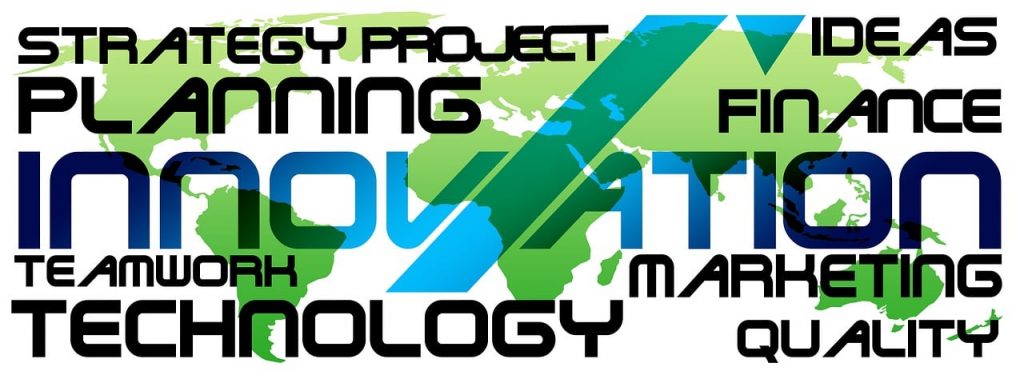In today’s digital age, where information is predominantly consumed online, it’s easy to overlook the significant impact that printing has had on society. The printing industry has a rich history that spans centuries, from Johannes Gutenberg’s invention of the printing press to the modern-day digital advancements that revolutionized the way we produce and distribute printed materials. In this blog post, we will explore the evolution of the printing industry and how it continues to shape our world today.
The Gutenberg Revolution
The printing revolution initiated by Johannes Gutenberg in the 15th century was a pivotal moment in history. Gutenberg’s invention of the movable type printing press made mass production of books possible, leading to a significant increase in literacy rates and the spread of knowledge across Europe. The printing press laid the foundation for the modern printing industry and marked a turning point in the way information was disseminated.
Industrialization and Modern Printing
The industrial revolution further transformed the printing industry. With the introduction of steam-powered presses and mechanized typesetting, printing became faster and more efficient. This allowed for large-scale newspaper production, bringing news and information to the masses like never before. The printing industry thrived as books, magazines, and newspapers became essential sources of education, entertainment, and communication.
The Digital Age and Printing
The advent of the digital age brought significant changes to the printing industry. Digital technologies revolutionized the way printing is done, making it more accessible, versatile, and environmentally friendly. Computer-to-plate (CTP) technology eliminated the need for film and manual plate-making, streamlining the prepress process. Digital printing enabled print-on-demand services, personalized marketing materials, and short-run printing, making it more cost-effective for small businesses and individuals.

Sustainability and Green Printing
As environmental consciousness grew, the printing industry embraced sustainable practices. Printers started adopting eco-friendly materials, such as recycled paper and soy-based inks, to reduce their ecological footprint. Additionally, advancements in printing technology allowed for more efficient ink usage and reduced waste. The industry’s commitment to sustainability has led to certifications like Forest Stewardship Council (FSC) that ensure responsible sourcing of paper.

Future Trends and Innovations
The printing industry continues to evolve with the emergence of new technologies. Three-dimensional (3D) printing has gained popularity, enabling the creation of physical objects layer by layer. 3D printing has applications in various fields, including healthcare, manufacturing, and architecture. Augmented reality (AR) and variable data printing (VDP) are also transforming the printing landscape, providing interactive and personalized experiences.

The printing industry has come a long way since Gutenberg’s groundbreaking invention, adapting to changing times and technological advancements. From the early days of the printing press to the digital age, printing has played a vital role in disseminating knowledge, sharing information, and connecting people. As the industry embraces sustainability and embraces new innovations, we can expect printing to continue shaping our world in remarkable ways, making a lasting impact on how we communicate, educate, and create.
If you wish to contact us about anything, you can visit our store or see our Contact Us page here. You can also call our number or get in touch with us on our Social Media Accounts. All links and information will be provided at the end of this Blog Post.
We hope this Blog post was useful to you and we encourage you to come back every Monday, when we post new content on our Blog!
Our social media accounts: Twitter | Facebook @PremiumComps
Address: 61 East Barnet Road, Barnet, EN4 8RN
Tel: 020 8449 4877
























